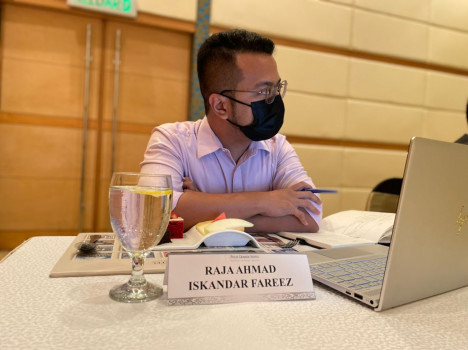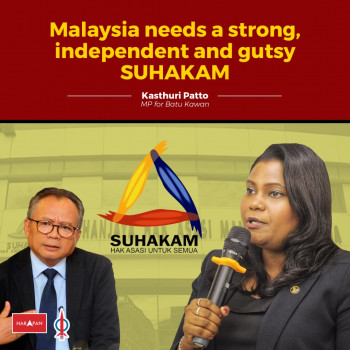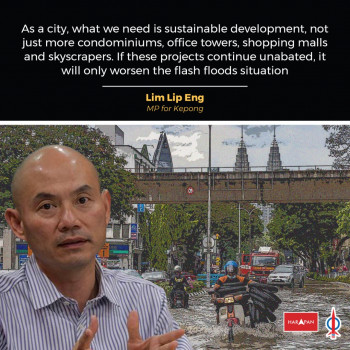by Mahdzir Ibrahim
In 1844, the Kangchu system was introduced in Johor as an economic development system that started the formal cooperation between the State Government of Johor and the Chinese community.
From written historical fact and oral history tradition which is the mainstay of the Malay history narration, the Kangchu system was originally also intended to regulate the influx of Chinese people from Singapore who were living and doing business in the state of Johor.
As a result, a system was created whereby it would be able to curb the social and local economic problems. In addition it would also help in improving the state government’s revenue by setting up a formal and systematic cooperation whereby an agreement in terms of the development of agricultural land and settlements for Chinese was created.
This system was only focused on agriculture and land development’s aspect. An agreement was made which is known as the ‘surat sungai’ with the purpose of giving a legal permission to live and cultivate the land on a large scale and systematically, in line with the conditions stipulated in the agreement of ‘surat sungai’.
Thus, the planting of pepper and gambier projects had successfully enriched both parties until Johor came to be known as the leading producer of gambier and high quality pepper in Asia. Bukit Gambir (which means Gambier Hill) was one of the earliest areas developed then. Also, places that have the word ‘Kangkar’ (which means farm) refers to the plantations cultivating gambier and pepper.
This has enhanced the image of Johor as the richest and most advanced state and has also helped to boost the local economy. At the same time it had succeeded in controlling the influx of the Chinese people into Johor and Johor survived from social chaos.
In the era before Kangchu’s system was introduced, the Johor government was a systematic government in the context of the state administration. This system was designed, built and developed by the nobility (aristocrats). This system was taken from the British and also from the knowledge in the scriptures and writing works of regional thinkers such as Raja Ali Haji (who is also one of the references that formed the Johor State Constitution – UTKJ).
In this aspect, Temenggong Daeng Ibrahim was one of the earliest leaders that created a bureaucracy at the state level. In fact, the ‘surat sungai’ was released in the name of the state’s dignitary namely Ungku Temenggong Seri Maharaja.
Nowadays, there are also efforts to use laws to create a system that can regulate the entry of foreign investors in the economic development of the state of Johor. More precisely, it is in the aspects of real estate development and housing land. It is very similar with the Kangchu system that was implemented before.
A similar phenomenon is now occurring when large investors from outside who come to invest in Johor properties, housing and industry are touted as the ‘Chinese from China’ by certain parties, which is similar to the ‘Chinese from Singapore’ image in the nineteenth century. The influx of these investors is also described as detrimental to the government’s development policy as it brings about competition of contracts and tenders with local investors.
Ironically, the influx of these investors came as a result of the encouragement by the Johor state and Malaysian federal governments themselves who created the Iskandar Region Development as a mega project of the southern gateway that welcomed the participation of foreign investors.
Is it true that these investors have affected the economic opportunities and activities of the local investors? Or is the issue actually affecting certain parties’ cronies or factions?
The idea of the laws that have been enacted also implicitly contains the spirit of ‘aristocracy’, just like in the Kangchu system. The aim is also to ensure that the development is monopolized by a single entity. Peaceful motives become fashionable slogans. Perhaps this might be a repeat of the past.
The only difference in this phenomenon is ‘time’. We don’t want to turn the clock back to the past. We need changes.
* Mahdzir Ibrahim is DAP Johor State Committee member and DAPSY National Executive Committee member.



